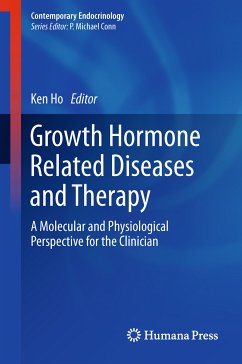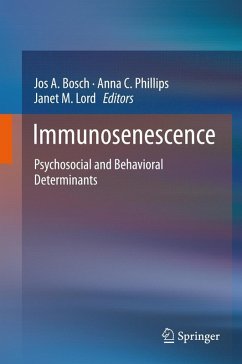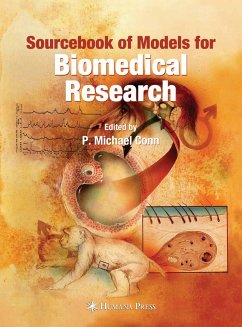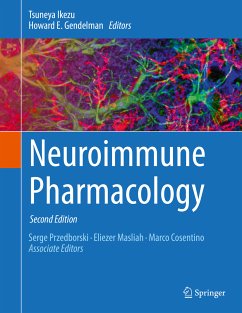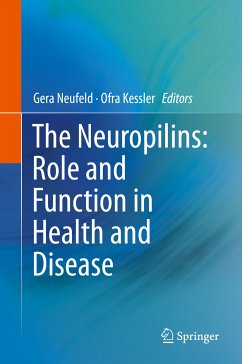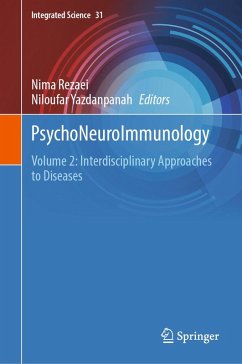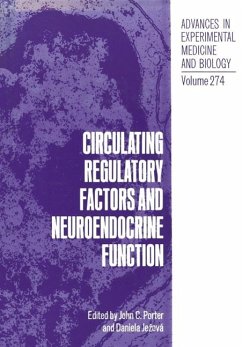
Ghrelin in Health and Disease (eBook, PDF)
Versandkostenfrei!
Sofort per Download lieferbar
80,95 €
inkl. MwSt.
Weitere Ausgaben:

PAYBACK Punkte
40 °P sammeln!
Ghrelin, the endogenous ligand for the growth hormone secretagogue (GHS) receptor, is critical in the control of food intake and energy balance. The ghrelin receptors are now known to have important physiological properties as modulators of growth hormone release, appetite, glucose homeostasis, metabolism, immune function, neurotransmitter activity, cognitive function and neurodegeneration. Bringing all of this information together in the first comprehensive text on the topic, Ghrelin in Health and Disease provides a state-of-the-art synthesis of the latest work in this area for physicians and...
Ghrelin, the endogenous ligand for the growth hormone secretagogue (GHS) receptor, is critical in the control of food intake and energy balance. The ghrelin receptors are now known to have important physiological properties as modulators of growth hormone release, appetite, glucose homeostasis, metabolism, immune function, neurotransmitter activity, cognitive function and neurodegeneration. Bringing all of this information together in the first comprehensive text on the topic, Ghrelin in Health and Disease provides a state-of-the-art synthesis of the latest work in this area for physicians and physician-scientists. This volume addresses the unique property of ghrelin as a modulator of function. Such a property provides potential utility for safe intervention in a wide variety of disease states. Indeed as we learn more about the basic physiology of ghrelin, the potential for treating new disease targets emerge requiring validation in the clinic. Each chapter in this volume is authored by a leading investigator in the field. The introductory chapter sets the background for the book and provides a superb overview of the relevance of ghrelin to physiology, describing how the discovery of ghrelin has prompted us to completely rethink traditional physiology. The authors conclude their chapters by critically addressing the future translational aspects of ghrelin biology and outlining what key basic research and clinical questions remain to be addressed. An invaluable resource, Ghrelin in Health and Disease distinguishes itself as the first comprehensive title covering all of the molecular and clinical issues relating to ghrelin and advancing our clinical understanding of obesity, growth, and reproductive pathogenesis.
Dieser Download kann aus rechtlichen Gründen nur mit Rechnungsadresse in A, B, BG, CY, CZ, D, DK, EW, E, FIN, F, GR, HR, H, IRL, I, LT, L, LR, M, NL, PL, P, R, S, SLO, SK ausgeliefert werden.




